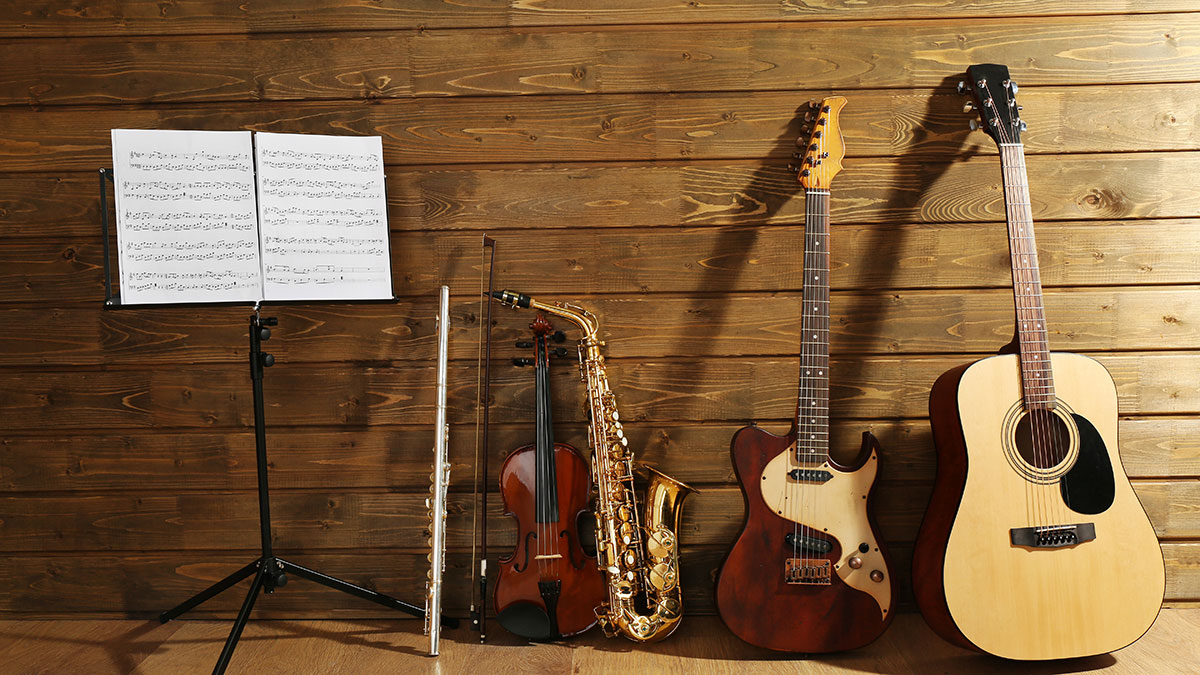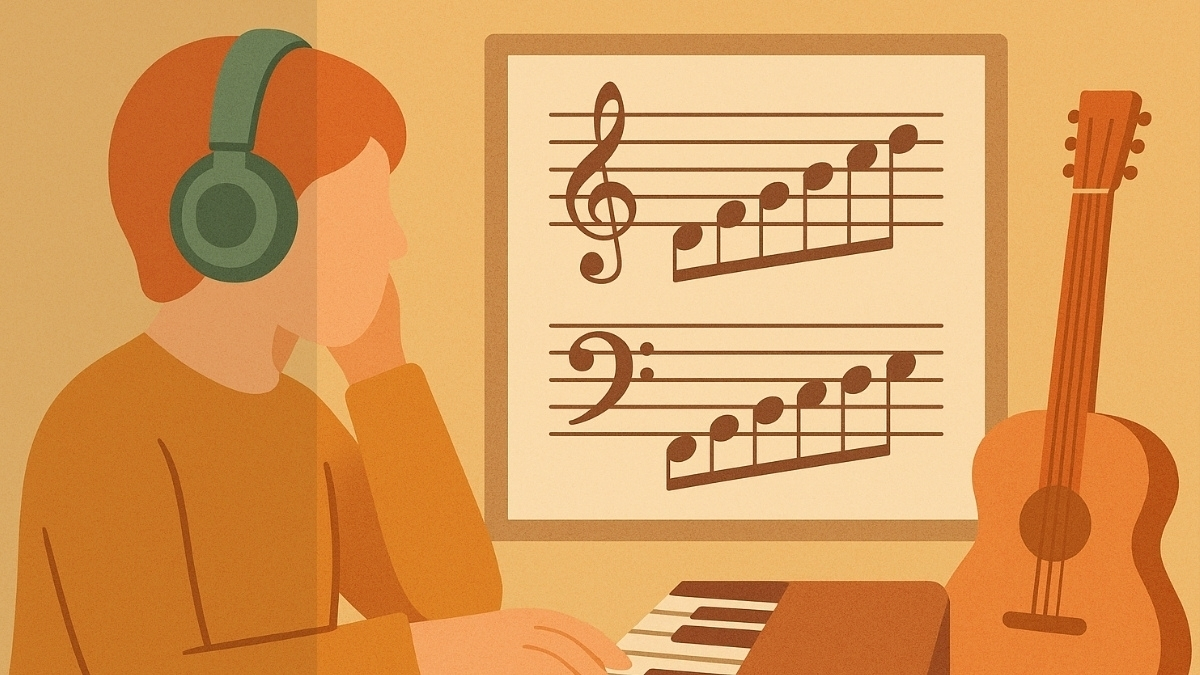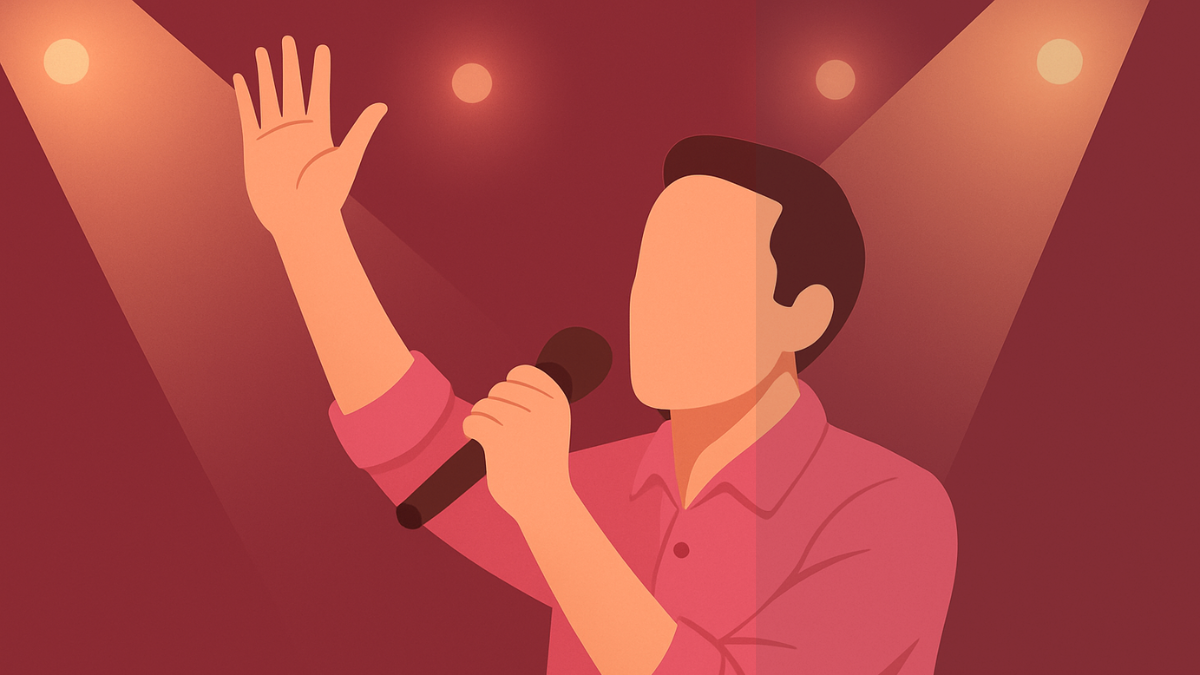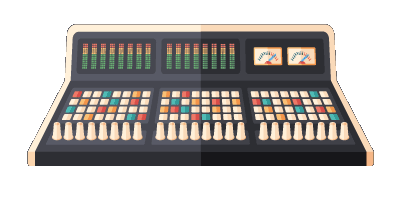The 6 Awesome Benefits of Ear Training

In the world of finance, companies use a term called "human asset capital" to describe the value an individual and their unique set of skills bring to the business world. As musicians and composers, we often invest in new gear, software, and content, failing to realize that the greatest asset we have isn't tangible.
I'm talking about the language of music, and the way our ears can translate sound into something we can command, share and enjoy together, here are 6 Awesome Benefits of Ear Training that will have you start ear training today
1. It makes you a better musician
Popular (and false) opinion: Knowing theory makes you less "creative" and "artistic".
I'm sure you've seen the comments on YouTube, as people argue about how much music theory one musician or another knew or didn't know. There is the ubiquitous, "Well I don't know any theory, so I'm not held back by the rules". Many people celebrate this, but the reality couldn't be further from the truth. Even musicians who aren't 'schooled' in theory, have an established system of creation and composition all their own. Ear training only helps to develop and codify those concepts that your brain and soul are already familiar with.
All musicians have an 'inner ear', the ability to generate ideas in the brain. Far fewer have the ability to readily translate those ideas into living music. You don't need to be a scholar to be a quality musician, or a great artist, but having greater control of the science behind sound gives you the ability to stretch, manipulate and transform music with greater freedom and intention.
2. It's a new language
I speak Italian, and when I started learning I did what a lot of people do when they learn any new skill... I ran before I could walk. I wanted to communicate in my new language as I already could in my native language and wound up learning tons of complex vocabulary without learning any listening comprehension. One of my teachers asked me, 'Why would you learn a language you can't understand?'. This stuck with me throughout the rest of my life. We all understand the language of music to some degree, why wouldn't you want to SPEAK it?
Ear training gives you the vocabulary to communicate better with other musicians, and describe ideas and concepts you already use. Music is something we all love and connect with, and speaking its language at the highest level is almost motivation enough to start ear training today.
3. It increases your value
This is 2020, the age of information. Over five billion videos are watched on YouTube each day. In the music community, it's as if a new prodigy pops up every hour, and the standard for content and professionalism is higher than ever. You can't afford NOT to invest in your money makers. Yes, money makers. Are you a guitarist, pianist, or violinist? You probably go out of your way every day to protect your hands and fingers… when the greatest asset you actually have is your ears.
The next time you land the gig, you'll be more equipped to not only communicate with your fellow musicians and the crew, but to help problem-solve, make adjustments and pick up bonus points (and checks) for harmonizing, re-writing, and arranging parts, on the fly, all of which increase your demand, your pay grade, and your human asset capital.
4. It speeds up your workflow
You'd be hard-pressed to find a songwriter or producer that hasn't lost inspiration while fiddling around with guitars, midi controllers, Flex-Time, or tuning plug-ins, desperately trying to express that idea in their head. Guesswork takes time, and creativity is demanding work. A strong ear saves time, money and turns you into an efficient machine.
When I first moved to LA, a friend offered me an internship at a recording studio. He made sure I had a strong understanding of Pro Tools and Logic, then told me something I'll never forget, 'You have to be fast though.'
Don't get me wrong, speed is a poor substitute for accuracy. What my friend was trying to say is; ideas can come and go in the blink of an eye. Your job as a creative is to serve the art. Don't let a lack of ear training run away with your next hit.
5. You hear with your ears, not your eyes
'All learning begins with the ear, not the eye, and learning music, of course, is no exception.' -Edwin Gordon
This great quote by the esteemed Edwin Gordon is a serious wake-up call. In many ways, people are visual beings. This is evident in the rest of our lives and even expressions... 'my eyes were bigger than my stomach,' being a prime example. Many of us either learned to read notes or to 'play by ear (both valid methods). However, both note readers and ear players still rely on a visual rendering of the music, whether in the form of staves, dynamics, and rests, or the peripheral (layout) of their chosen instrument... the sequence of keys, shapes on the guitar, fingerings on a cello, etc.
Ear training lifts the notes off the page, and gifts you widely applicable knowledge of harmony, intervallic relationships and rhythm. It breathes freedom into your playing, practice and composition, helps you to break out of patterns on your instrument, and makes music more accessible, whether or not you're with a manuscript or instrument.
6. It's fun
This could have been number one, but I'm pretty practical. Music theory is awesome, and your ears are incredible pieces of machinery. Ear training is like driving a really nice car (and just as cool to flex at parties).
Learn music because you love it. Invest in your ears because you value music and what it means to you. Learn more about the things in life that bring you joy. Music is a gift and sharpening the tools you were given to appreciate it is a reward in and of itself.
What are you waiting for? Start training with ToneGym today!



Comment on this post on ToneGym Community